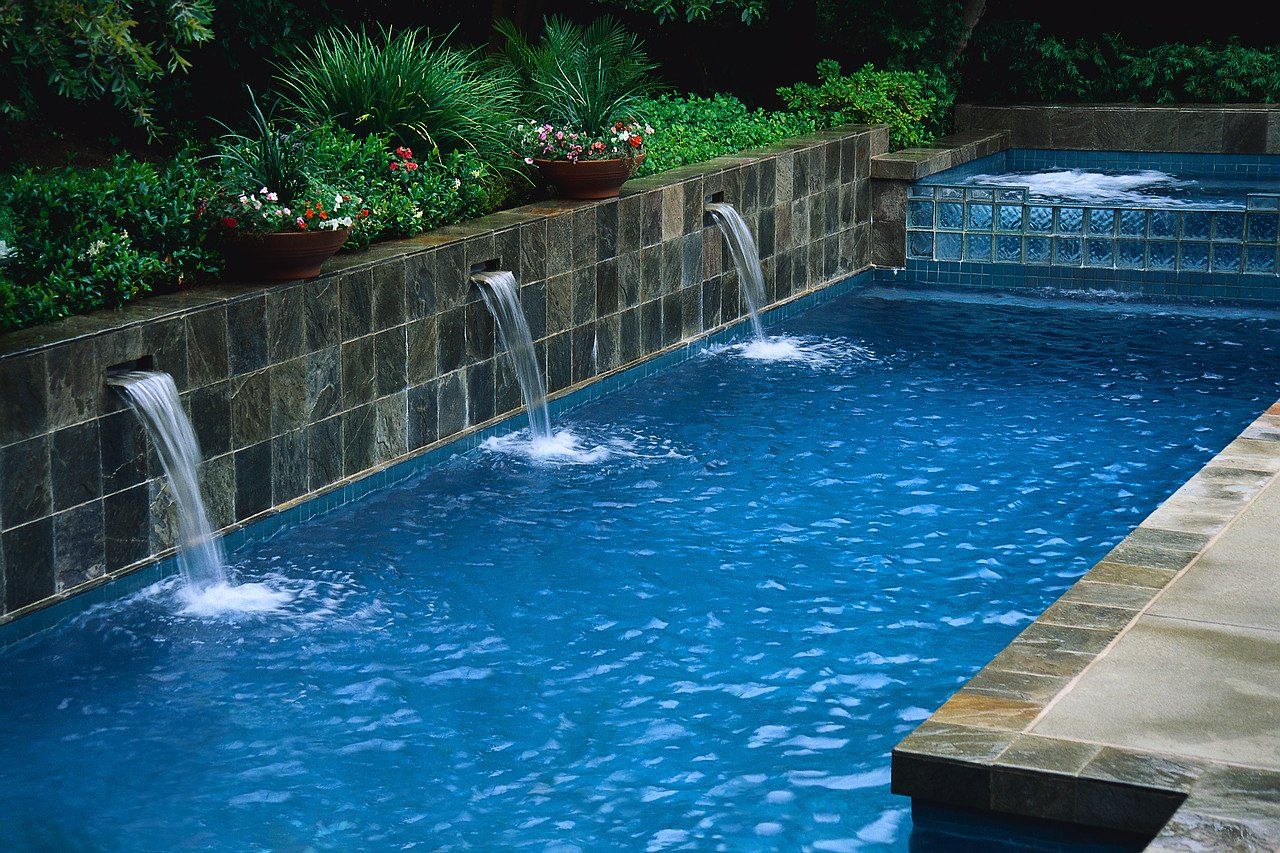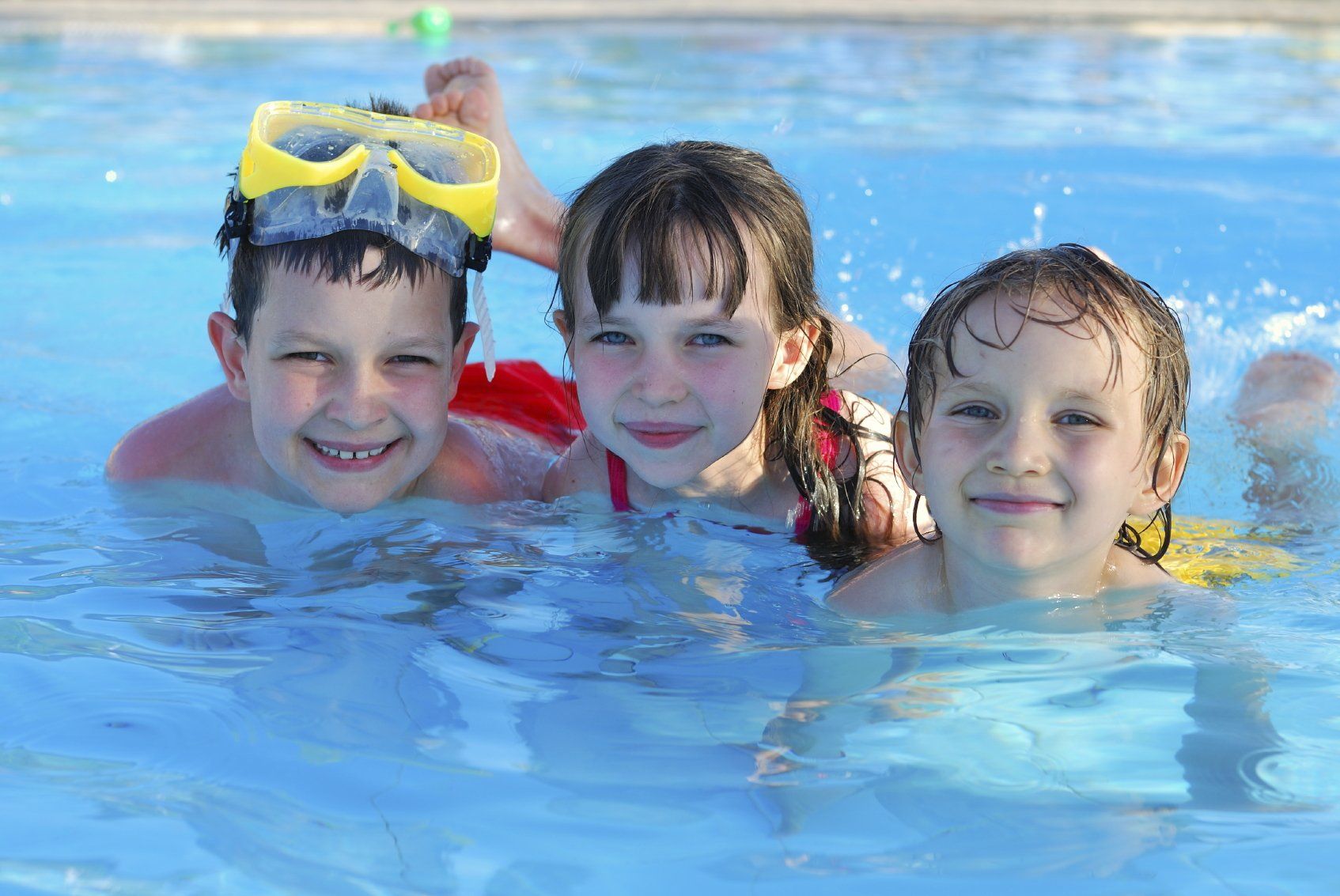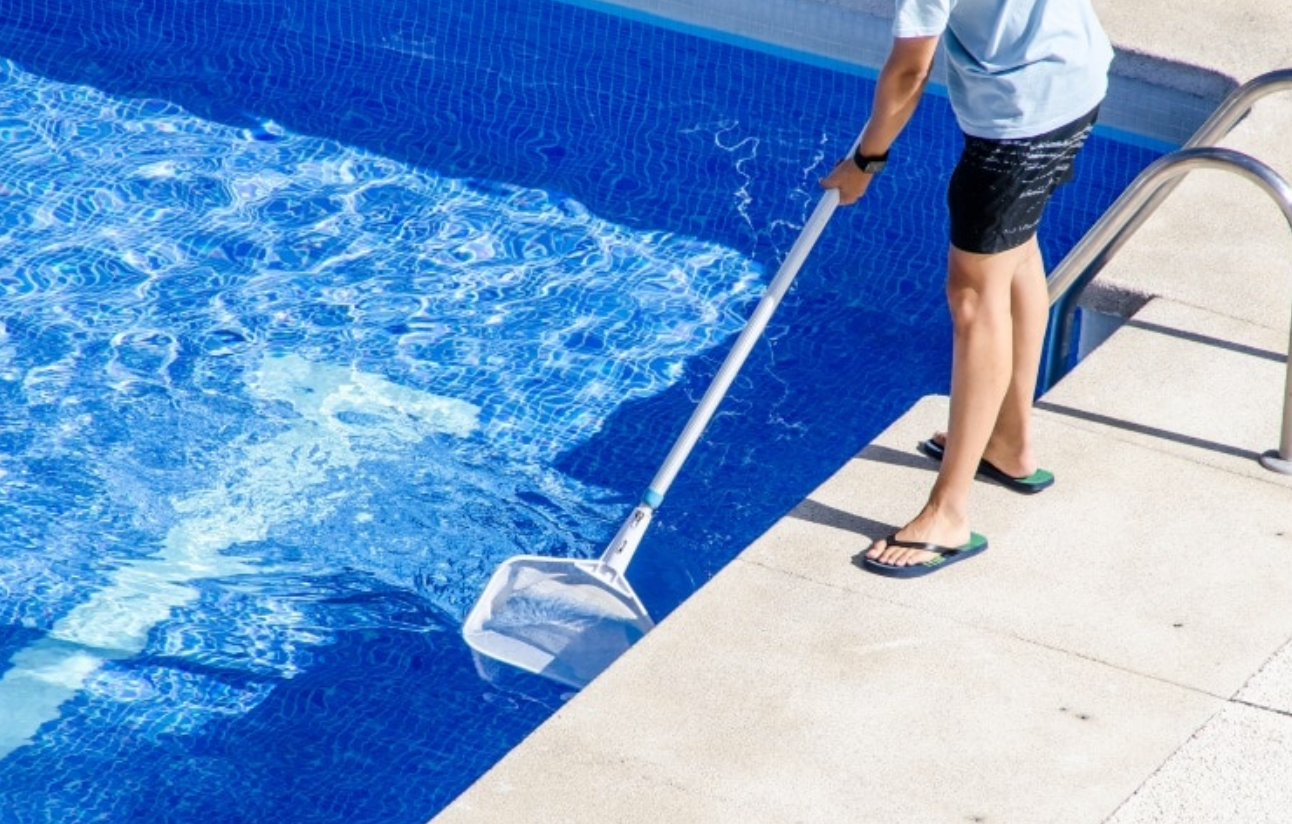IS CHLORINE IN POOLS SAFE?
Is Chlorine In Pools Safe?
People probably wouldn't want to swim in a petri dish. But without modern chemistry, swimming in pools could be like that. A quick swim in unsanitized water could expose a person to diseases such as the swimmer's ear, athlete's foot, and many more.
To be safe when using chlorine to sanitize your pool, it’s important to understand how chlorine chemistry works. We use chlorine to sanitize the pool because it can kill many types of bacteria, viruses, and other microorganisms that can cause illness.
Learn about chemicals and pool safety:
- According to U.S. Centers for Disease Control and Preventionchlorine is added to water to kill germs. Chlorine and pH are important since they act as the first line of defense against germs that can make swimmers sick.
- Health Canada states that if you choose chemical products or electrical devices to clean your pool or spa, you must maintain a certain amount of sanitizer to prevent disease-causing microorganisms from multiplying.
- According to the Superior Health Council of Belgium, chlorine is the best disinfectant currently available, and there is no evidence that alternatives to chlorine will give an appropriate solution for the disinfection of swimming pools.
Chlorine and Swimming Pool Safety
What is chlorine and how it is made?
One of the basic building blocks of matter is chlorine, which is a naturally-occurring chemical element. Chlorine is the product of electrolysis, which involves dissolving common salt in water and then passing an electric current through the mixture.
Why add chlorine to swimming pools?
The chlorine in pools is used to kill bacteria. It makes pools safe for swimmers by forming a weak acid called hypochlorous acid that kills bacteria like salmonella and E.coli. Bacteria and viruses are two kinds of microorganisms. E. coli is a type of bacteria found in humans and animals that causes a range of symptoms. Some include diarrheal illness, urinary tract infection, and respiratory tract infections.
How is pool water chlorinated?
A variety of chlorine-based compounds, including chlorine gas, sodium hypochlorite (liquid bleach), calcium hypochlorite, lithium hypochlorite, and chlorinated isocyanurates, are used to clean the swimming pools. The active sanitizing agent is hypochlorous acid, which is released when any of these compounds contact water.
What is the difference between salt-water pools and chlorinated pools?
Chlorine is used in both types of pools. Salt-water pools have chlorine generated on-site from sodium Chloride. Chlorinated pools use chlorine tablets or sticks to clean the water.
Why do pools smell like chlorine or chemicals?
A healthy pool does not smell like chemicals. The smell of pool water is often likened to chlorine, but a well-managed pool shouldn't have an odor. The pool water scent is caused by chemical compounds called chloramines, which build up in pool water when it is mishandled.
The combination of the chlorine disinfectants added to the swimming pools and the perspiration, oils, and urine that enter the pools from swimmers' bodies results in chloramines. Adding extra chlorine to the pool will destroy ammonia and the organic compounds that combine with chlorine to make chloramines.
Does chlorine hurt a swimmer’s eyes?
Swimmers might be concerned that there is too much chlorine in the pool if their eyes are reddened after a swim. It's a sign that there is not enough chlorine in the swimming pool water.
The water in a pool, hot tub or spa needs to be tested on a daily basis to keep it safe.






